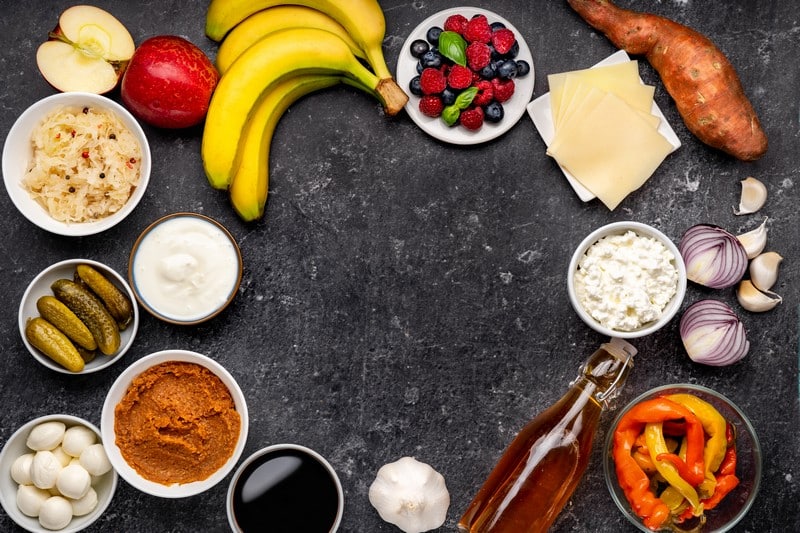Stomach or gastric ulcers is a type of peptic ulcer which means that they are acid-related gastrointestinal conditions. They cause open wounds in the stomach lining and can be painful because of the high concentration of stomach acid and the potential for tissue damage. This condition can be caused by anything that upsets the delicate balance of the stomach’s internal environment.
The stomach mucosa is lined by epithelial cells and sustained by loose connective tissue and a thin layer of smooth muscle fibers. The gastric epithelium can be constantly damaged by various sources, including the stomach’s acidic and enzymatic secretions, duodenal bile, bacterial infections, NSAIDs, and alcohol use. As a result, many individuals suffer from stomach mucosal injury, which may progress into gastric ulcers.
Helicobacter pylori are the most prevalent cause of the development of stomach ulcers. Most individuals with these bacteria never experience any symptoms since they dwell in the stomach. However, stomach ulcers may occur in persons with bacterial overgrowth when the bacteria multiply and eat away at the stomach lining. In addition, intense physical stress due to severe injuries, burns, or diseases can cause the body to produce too much acid and lead to gastric ulcers.
Antibiotics and drugs that decrease or block stomach acid are often used to treat stomach ulcers. These medications mostly include uncomfortable side effects such as diarrhea and headache. Nonetheless, studies have shown that several natural home treatments may help with stomach ulcers. Patients may also alter their diet and switch to foods high in fiber and probiotics.
Probiotics

Supplementing the standard antibiotic treatment for ulcers with probiotics might help eradicate H. pylori and speed up healing. Probiotics are living bacteria that may improve several aspects of one’s health. The health of your digestive system, particularly your body’s natural defenses against ulcers, benefits from their regular consumption. Probiotics seem to increase mucus production, which coats and protects the stomach lining. It also protects the stomach mucosal barrier and elevates prostaglandins. They could encourage the growth of new blood vessels, which facilitates the delivery of healing components to the ulcer site and hastens the recovery time. Moreover, it enhances cell proliferation relative to programmed cell death and activation of vasculogenesis. These factors help the body in dealing with tissue damage. Probiotics can be consumed as a supplement or through eating foods such as tempeh, kimchi, kombucha, and pickled veggies.
Moreover, researchers found a probiotic bacterial strain to help treat Helicobacter pylori-related stomach ulcers. An approximately 95 percent inhibition rate was observed for one strain, Bifidobacterium bifidum. Antibiotic-related adverse effects, including diarrhea, may be reduced by as much as 47 percent when incorporating probiotics, while traditional therapy effectiveness is increased by roughly 150 percent. Gastric ulcers caused by NSAIDs like aspirin or indomethacin may also be prevented or treated with the help of probiotics.










